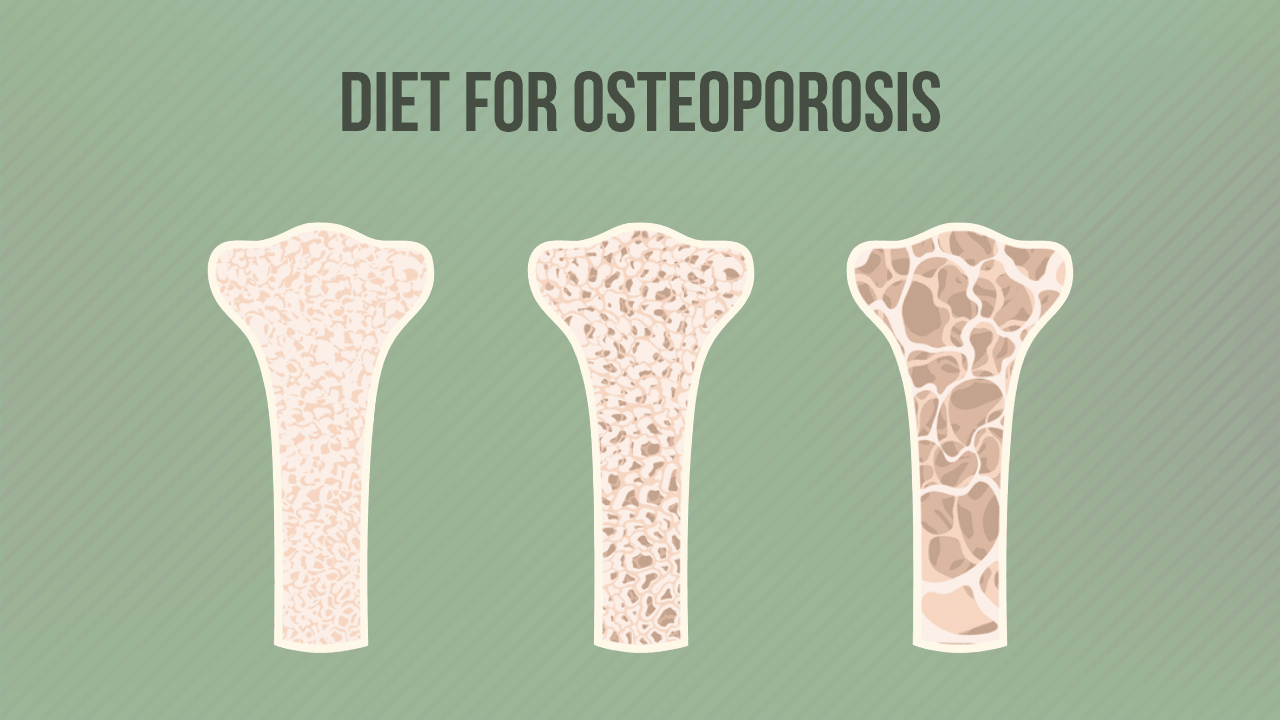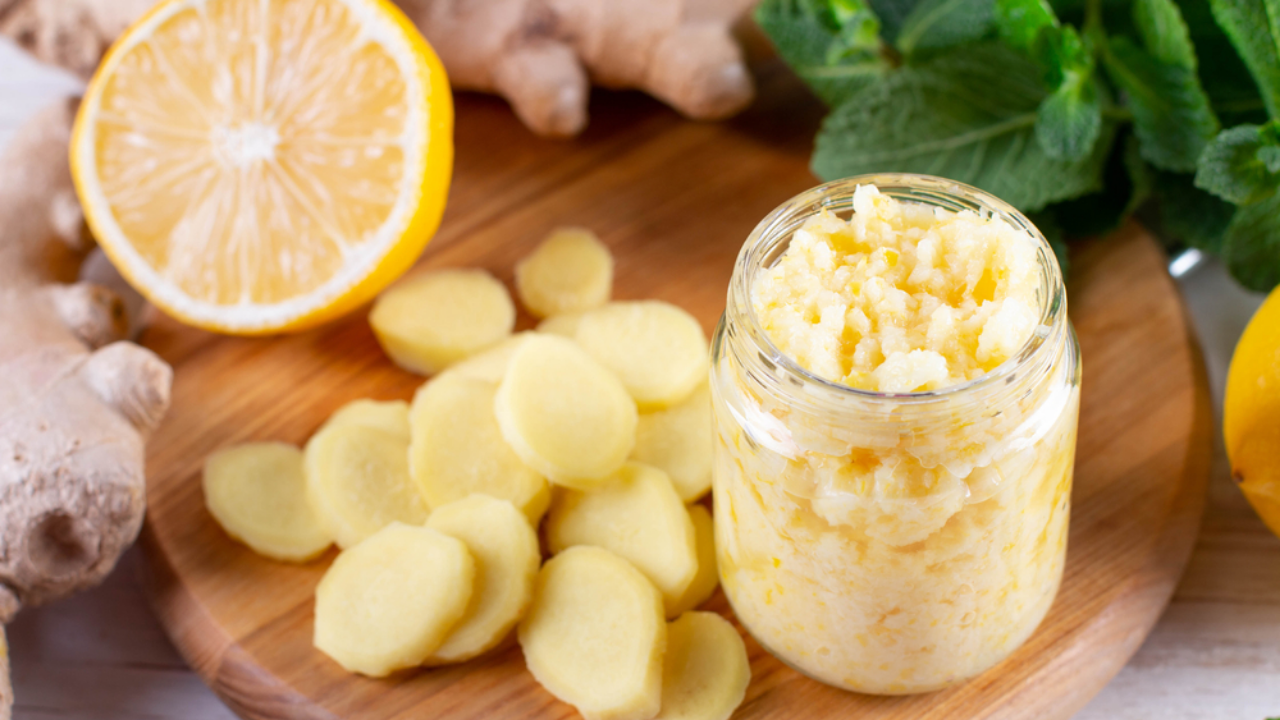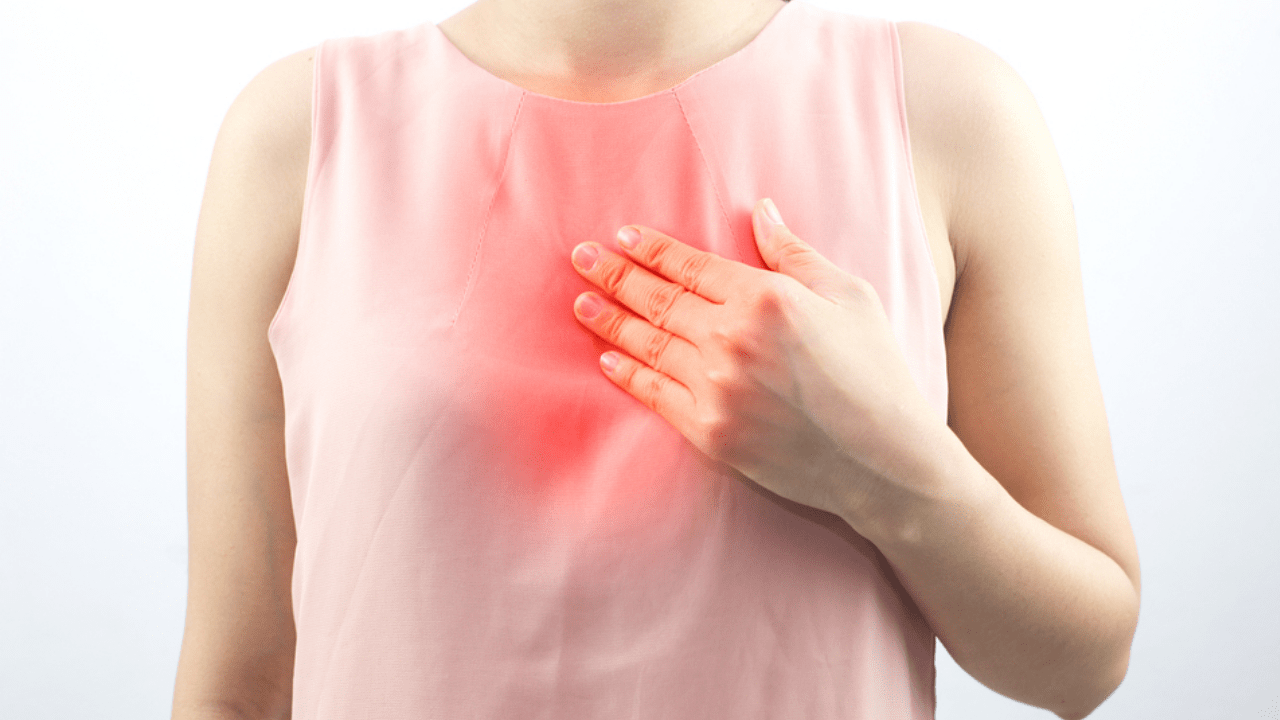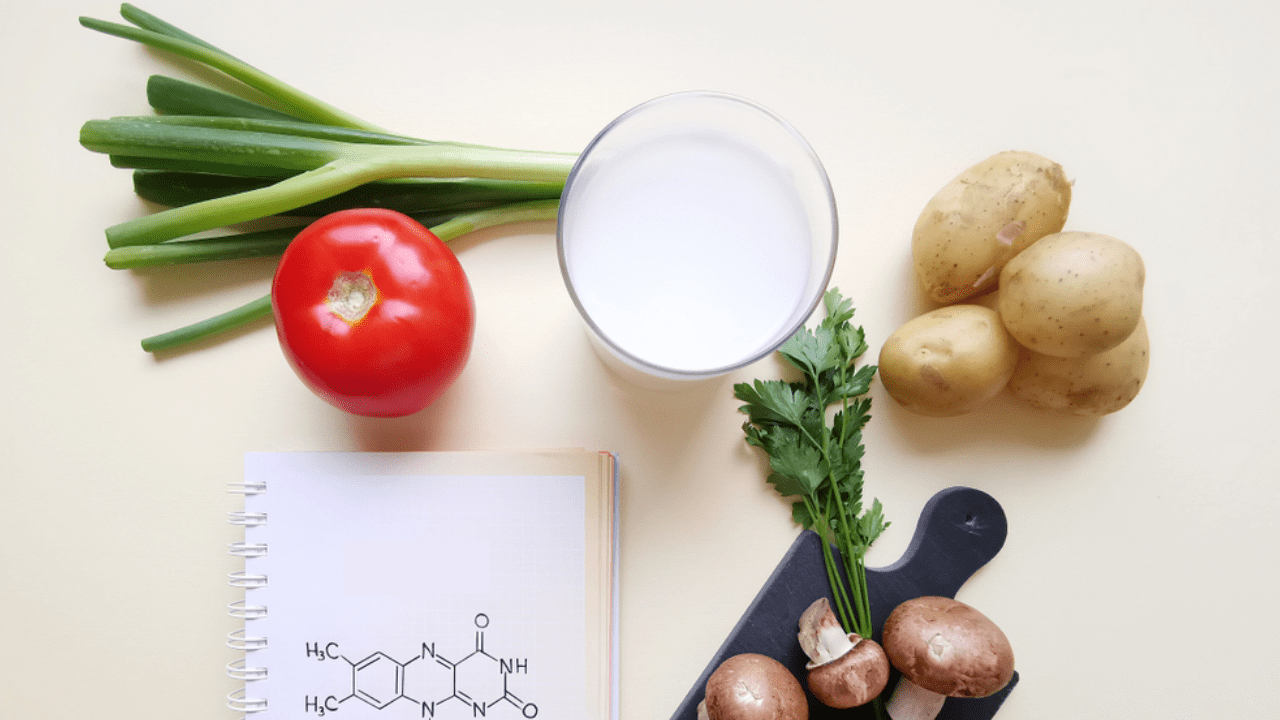
Osteoporosis is a clinical condition wherein a decrease in bone density is observed, thus, depleting its strength & increasing the fragility of bones. Osteoporosis turns bones porous, like a sponge. This disorder of skeleton weakens bones & results in frequent fractures (breaks) in bones. A bone-healthy osteoporosis diet may not help rebuild the bones if one is experiencing age-related bone loss, but it can slow bone loss. At the same time, younger people who are diagnosed with this bone disease as a result of some medical condition may be able to regain bone mass with a nourishing diet that includes osteoporosis-friendly nutrition.
BONE HEALTH FOODS
Including these nutrient-rich foods daily in the diet can ensure long-term healthy bone mass as well as help keep osteoporosis at bay:
Sources of Calcium: Dairy products such as low-fat & non-fat milk, yogurt & cheese, green leafy veggies such as amaranth, spinach, drumstick leaves, Chinese cabbage (bakchoy), mustard greens & broccoli. Fishes such as Sardines & salmon (with bones).
Sources of Vitamin D: Fatty varieties such as salmon, mackerel, tuna & sardines. Some dairy products are fortified with Vitamin D. Calcium & vitamin D are sometimes added to certain brands of juices, breakfast foods, soy milk, rice milk, cereals, snacks & breads.
Sources of Magnesium: Spinach, beet greens, okra, tomato products, artichokes, plantains, potatoes, sweet potatoes, nuts such as almonds, walnuts & raisins. Sources of Vitamin C : Red peppers, green peppers, oranges, grapefruits, broccoli, strawberries, brussels sprouts, papaya & pineapples.
Sources of Vitamin K: Dark green leafy vegetables such as kale, amaranth, spinach, mustard greens, brussel sprouts. - -
DIET MODIFICATIONS FOR IMPROVING BONE HEALTH
Phytates & Oxalates in Veggies & Beans: Oxalates & phytates present in green vegetables & beans intervene with the body's ability to absorb calcium. The phytate level can be reduced by soaking beans in water for numerous hours & then cooking those in freshwater. Choose low oxalate containing food sources such as cabbage, cauliflower, cucumbers, mushrooms, radishes & water chestnuts. Peas, which are legumes, are also low-oxalate.-
Salty foods: Eating foods that are high in salt content (sodium) causes calcium to be leached out of bones & excreted via kidneys & hence can lead to bone loss. Try to limit the amount of processed foods, canned foods & salt added to the foods eaten each day. If the nutrition label of packaged foods lists 20% or more for the % Daily Value, it is high in sodium. Aim to get 2,400 mg or less of sodium per day.
Alcohol: Alcohol interferes with the hormone responsible for bone remodelling & hence drinking heavily can lead to bone loss. Limit alcohol intake to no more than 2 - 3 drinks per week.
Caffeinated Beverages: Caffeine has high diuretic properties as it excretes high amounts of calcium in urine, hence it contributes to bone loss. Coffee, tea & soft drinks (sodas) contain caffeine, which decreases calcium absorption & contributes to bone loss. Drinking more than three cups of coffee/tea every day may interfere with calcium absorption & cause bone loss. Hence, stick to 2 cups of tea/ coffee per day. Soft drinks, especially Colas, also contribute to bone loss due to their caffeine content. Stick to 1 drink per week.









